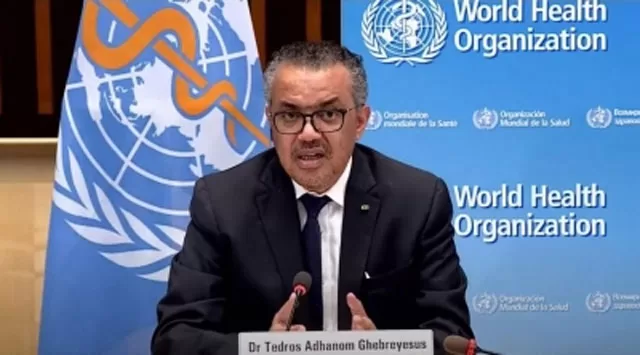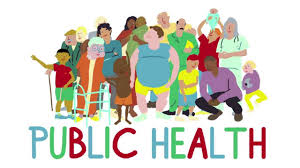GENEVA (AFP) — The Director-General of the World Health Organization (WHO), Tedros Adhanom Ghebreyesus, issued a passionate appeal on Monday, emphasizing that the time to finalize a global agreement on future pandemic response is now or never. His call comes just days after the United States announced its withdrawal from ongoing negotiations for the landmark accord.
Addressing the opening session of the WHO’s 13th round of pandemic negotiations in Geneva, Tedros warned that no country could shield itself from the next pandemic in isolation. His remarks followed a formal notification from the Trump administration, which informed the WHO of its decision to end its participation in the talks on pandemic prevention, preparedness, and response.
“We are at a crucial point as you move to finalize the pandemic agreement in time for the World Health Assembly in May,” Tedros said to WHO members. “It really is a case of now or never. But I am confident that you will choose ‘now’ because you know what is at stake.”
He reminded global leaders of the devastating toll of the COVID-19 pandemic, which claimed an estimated 20 million lives worldwide and continues to affect millions. Tedros urged negotiators to learn from the hard-won lessons of the pandemic and not let such tragedies be repeated.
The negotiations for the pandemic agreement began in December 2021, prompted by concerns over a potential repeat of the COVID-19 crisis. Since then, countries have been working to draft a framework aimed at improving pandemic preparedness and response mechanisms globally.
Despite this momentum, Tedros expressed regret over the United States’ decision to withdraw, particularly after President Donald Trump signed an executive order to begin the withdrawal process in January 2021. The order also included the cessation of U.S. involvement in the pandemic agreement talks, which had been a central point of contention during Trump’s presidency.
“The next pandemic is a matter of when, not if,” Tedros warned. “There are reminders all around us—Ebola, Marburg, measles, mpox, influenza and the threat of the next disease X.” He reiterated the importance of global cooperation, stressing that bilateral agreements alone would not be enough to protect countries from future pandemics.
Non-governmental organizations closely following the negotiations have urged member states to push forward with finalizing the accord. The Pandemic Action Network stressed that despite geopolitical challenges, the global community must not turn away from this critical mission.
“The world has changed since the last negotiations in December,” said Spark Street Advisors, a health sector consultancy. “The global multilateral system is under siege, and this pandemic agreement represents a concrete step to reverse decades of progress. Member states cannot afford to fail.”
While much of the draft text for the agreement has been agreed upon, some contentious issues remain, particularly concerning the sharing of pathogens with pandemic potential and equitable distribution of benefits such as vaccines and treatments.
Co-chair of the talks, Precious Matsoso, expressed hope that new proposals could break the deadlock. “Let’s make sure that the three years we’ve spent do not end up being regretted—that we didn’t waste three years of our time,” she said.
With the WHO’s annual assembly set to take place in May, the coming weeks will be critical in determining whether the global community can come together to finalize the agreement before the window of opportunity closes.
Disclaimer: This article is based on information provided by the World Health Organization (WHO) and various health organizations. The content reflects the ongoing negotiations as of February 2025 and may be subject to changes as new developments arise.











